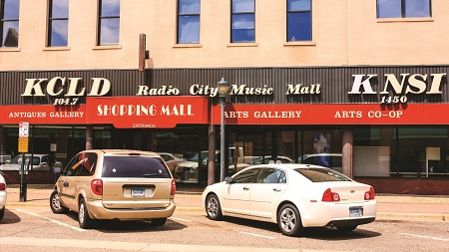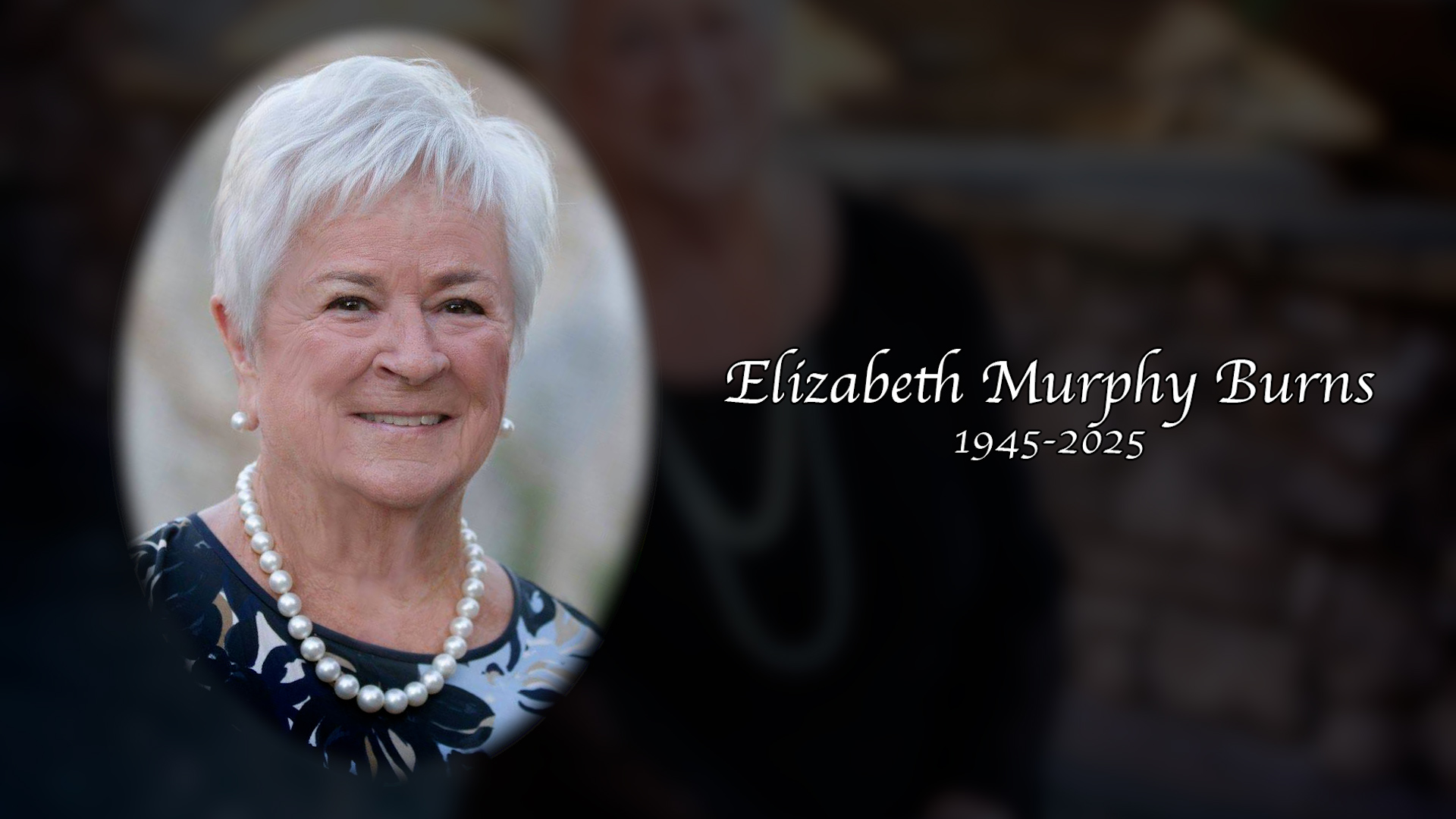FCC Eliminates Main Studio Rule
WASHINGTON—A move that has been much debated in recent months has been made official, as a 3-2 vote by the FCC has eliminated the broadcast main studio rule.

The main studio rule had been in place for nearly 80 years and required AM, FM and TV stations to have a main studio located or near its local community. At the time, the rule was meant to facilitate input from community members and the station’s participation in community activities.
The FCC, in its official announcement, said that it recognizes that the public can now access information via broadcasters’ online public file and that stations and community members can interact directly through alternative means such as email, social media and the telephone, making the main studio rule “outdated and unnecessarily burdensome.”
“Given these facts, continuing to require a main studio would detract from, rather than promote, a broadcaster’s ability and incentive to keep people informed and serve the public interest,” said FCC Chairman Ajit Pai in his official statement.
The commission predicts that the elimination of the main studio rule should produce cost-saving benefits for broadcasters that can be used for things like programming, equipment upgrades, newsgathering and other services. The commission also sees this as a way to help prevent stations in small towns from going dark and help launch new stations in rural areas.
Pai supported these claims in his statement when he referenced a commenter after FM Auction 94 said the cost for building stations in South Dakota and Montana were too great with the main studio rule.
One requirement from the main studio rule that remains is that stations will still need to maintain a local or toll-free telephone number to provide ready access for consumers to their local stations.
Get the TV Tech Newsletter
The professional video industry's #1 source for news, trends and product and tech information. Sign up below.
Pai, along with Commissioner O’Rielly and Commissioner Carr (the FCC's Republicans) approved the elimination. Commissioner Clyburn and Commissioner Rosenworcel (Democrats) dissented.
Outside of the FCC, the NAB has released a statement supporting the FCC’s elimination of the main studio rule, contributed to Dennis Wharton, NAB executive vice president of communications:
“NAB supports elimination of the main studio rule, which has outlived its usefulness in an era of mobile news gathering and multiple content delivery platforms. We’re confident that cost savings realized from ending the main studio rule will be reinvested by broadcasters in better programming and modernized equipment to better serve our local communities. We applaud the FCC for continuing to remove unnecessary and outdated broadcast regulations.”
Others were not as pleased with the decision. Free Press, a nonpartisan organization, who believes that this decision provides clear benefits to the Sinclair Broadcast Group, who is currently seeking to approve a merger between it and Tribune Media, which would see it control more than 233 local TV stations reaching 72 percent of the U.S. population.
“With today's vote Chairman Pai has given another massive handout to his friends and political allies at Sinclair,” said Dana Floberg, Free Press policy analyst. “By eliminating this rule, the commission has blasted open a path for conglomerates like Sinclair to move even more resources—including broadcast facilities and staff—away from underserved communities. The main studio rule was a vital way to preserve broadcast media's local roots and to hold local stations accountable when they fail to serve the people they're licensed to cover.”
